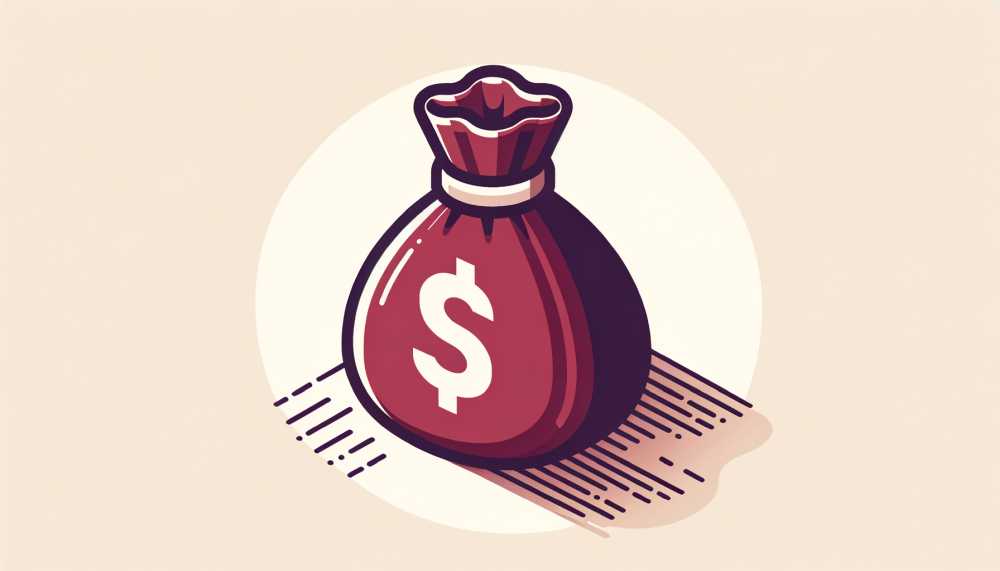Estimated reading time: 5 minutes
Table of contents
Summary
In Canada, capital gains tax is applicable when you sell a property that has increased in value. This tax is relevant for investment properties, primary residences, and rental properties. However, there are exemptions for primary homes, which can provide relief from capital gains tax. To calculate your capital gains, determine the property’s adjusted cost base (ACB) and subtract it from the sale price. Maintaining comprehensive records for reporting and documentation to substantiate your claims and exemptions is essential. By understanding these tax laws and fulfilling your responsibilities, you can take control of your financial future and maintain a good standing with the Canadian Revenue Agency (CRA).
Understanding Capital Gains Tax
Capital gains tax in Canada is applied to the profit realized from the sale of a property that has increased in value. This tax is relevant whether you’re dealing with capital gains on investment property, principal residence, or rental property in Canada. Essentially, when the sale price of an asset exceeds its original purchase price, that profit is termed a ‘capital gain.’ In real estate, whether you’re selling a home for a profit or a rental property, the Canadian Revenue Agency (CRA) will tax you on the gain. For those looking to understand the specifics, capital gains tax BC might have unique provincial considerations in addition to federal guidelines. Understanding these tax laws allows you to make informed decisions and take control of your financial future.
Exemptions for Primary Residences
Exemptions for Primary Residences: A Welcome Relief from Capital Gains TaxThe good news for homeowners is that Canada offers a principal residence exemption, which can significantly impact capital gains tax on primary residence. If the property you sell has been your primary residence for every year you owned it, you may not need to pay capital gains tax on personal residence gains. The exemption can apply even if you have rented out a room or a portion of the home under specific conditions. However, this exemption doesn’t apply to capital gains on rental property in Canada, where different rules govern the tax implications. So, if you’re asking, “Do you pay capital gains on a primary residence?” the answer is generally no, provided it meets the CRA’s criteria for a principal residence. This exemption can significantly relieve potential tax obligations, giving you peace of mind about your financial situation.
Calculating Your Capital Gains
To calculate your capital gains, determine the property’s adjusted cost base (ACB) and subtract it from the sale price. The ACB includes the original purchase price plus any costs for improvements and expenses related to the house sale. The difference between the sale price and the ACB is your capital gain. Tools like a cottage capital gains calculator can help simplify this process, especially for properties with numerous improvements. If your property is a primary residence, you might be exempt from these taxes, but for a rental property, you’ll need to account for capital gains tax on rental property and how much capital gains you owe. Understanding how depreciation recapture might affect your tax liability is also essential.
Reporting and Documentation
Reporting and Documentation: Your Key Responsibilities for a Smooth Tax ProcessWhen it comes to reporting and documentation, it’s crucial to maintain comprehensive records to substantiate your claims and exemptions. For the sale of primary residence taxable events, homeowners must report the sale even if they anticipate no capital gains tax on primary residence. Form T2091(IND) is used for this purpose. The process is more complex for rental properties, requiring additional forms like T776 to report the rental income and expenses and calculate capital gains tax on rental property. Always keep documentation related to the purchase price, improvements, and sale expenses, as these are vital for calculating accurate capital gains. Consistently reporting ensures you meet all CRA requirements and avoid potential penalties. By fulfilling these responsibilities, you can provide a smooth tax process and maintain a good standing with the CRA.
FAQ
What is capital gains tax?
Capital gains tax in Canada is applied to the profit realized from the sale of a property that has increased in value. This tax is relevant whether you deal with capital gains on investment property, capital gains on the principal residence, or rental property in Canada.
Are there exemptions for primary residences?
Canada offers a principal residence exemption, which can significantly impact capital gains tax on primary residences. If the property you sell has been your primary residence for every year you owned it, you may not need to pay capital gains tax on personal residence gains.
How do I calculate my capital gains?
To calculate your capital gains, determine the property’s adjusted cost base (ACB) and subtract it from the sale price. The ACB includes the original purchase price plus any costs for improvements and expenses related to the sale of the house.
What reporting and documentation are required?
Regarding reporting and documentation, it’s crucial to maintain comprehensive records to substantiate your claims and exemptions. Homeowners must report the sale of their primary residence even if they anticipate no capital gains tax on it. The process is more complex for rental properties, requiring additional forms to report rental income and expenses.





